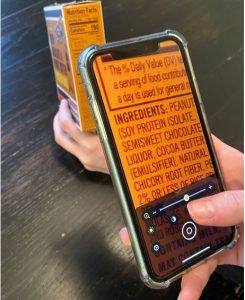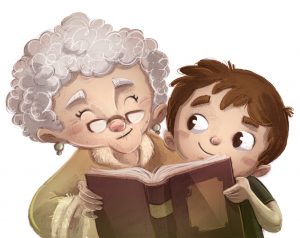 “There are only four kinds of people in the world. Those who have been caregivers. Those who are currently caregivers. Those who will be caregivers, and those who will need a caregiver.” –Rosalyn Carter
“There are only four kinds of people in the world. Those who have been caregivers. Those who are currently caregivers. Those who will be caregivers, and those who will need a caregiver.” –Rosalyn Carter
These prescient words by the former first lady remain as relevant and true as ever.
According to a 2020 report from the AARP:
 Connecticut Estate Planning Attorneys Blog
Connecticut Estate Planning Attorneys Blog











